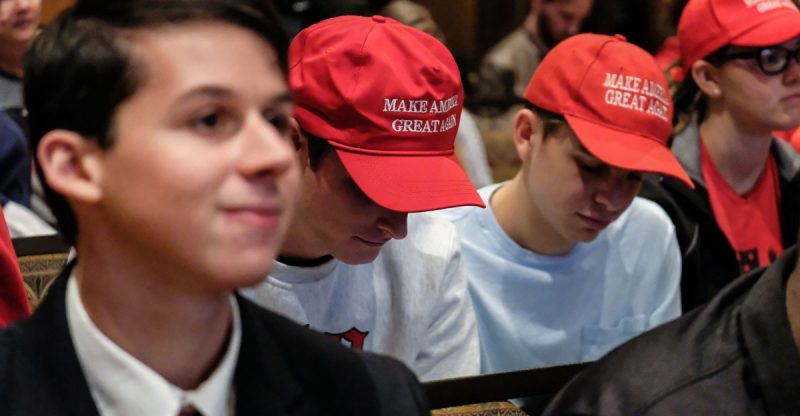
A recent encounter left me pondering a stark reality: liberalism faces a significant pipeline problem. While attending a conference aimed at revitalizing liberal thought for the 21st century, two young, aspiring liberal thinkers approached me seeking career advice within the ideas industry. My struggle to offer substantial guidance highlighted a critical gap. While internships and PhD programs exist, they are highly competitive, often underpaid, and increasingly scarce in the current political climate.
The contrast with the conservative movement is striking. Established conservative organizations actively cultivate young talent through well-funded fellowships and programs. For example, the National Review offers Buckley and Rhodes journalism fellowships, providing multi-year paid opportunities for recent graduates. The Claremont Institute’s Publius Fellowship, though shorter, offers substantial financial support, housing, and networking opportunities with influential figures within the Trump-era conservative movement.
This disparity isn’t merely anecdotal. It speaks to a fundamental difference in how the two ideologies approach the cultivation of future leaders and thinkers. Conservatives have built robust systems for nurturing and promoting their young talent, providing them with the resources and mentorship needed to thrive. This intentional approach ensures a steady stream of fresh voices and perspectives to bolster and advance their ideology.
Liberals, on the other hand, seem to lack a similarly structured and well-resourced pipeline. The lack of comparable programs leaves aspiring liberal thinkers struggling to find their footing, hindering the growth and evolution of liberal thought. This absence of a formal system to support and guide young talent creates a significant disadvantage in the battle of ideas.
The consequences are far-reaching. Without a dedicated pipeline, liberalism risks losing its ability to attract and retain young talent, potentially leading to a decline in intellectual dynamism and influence. This isn’t just about finding jobs; it’s about ensuring the future vitality and persuasiveness of the liberal perspective.
Moving forward, the liberal movement needs to seriously consider emulating the conservative approach. Investing in structured mentorship programs, fellowships, and think tanks focused on nurturing young talent is crucial. Failure to do so will only exacerbate the existing imbalance and leave liberalism at a disadvantage in the ongoing ideological struggle.










